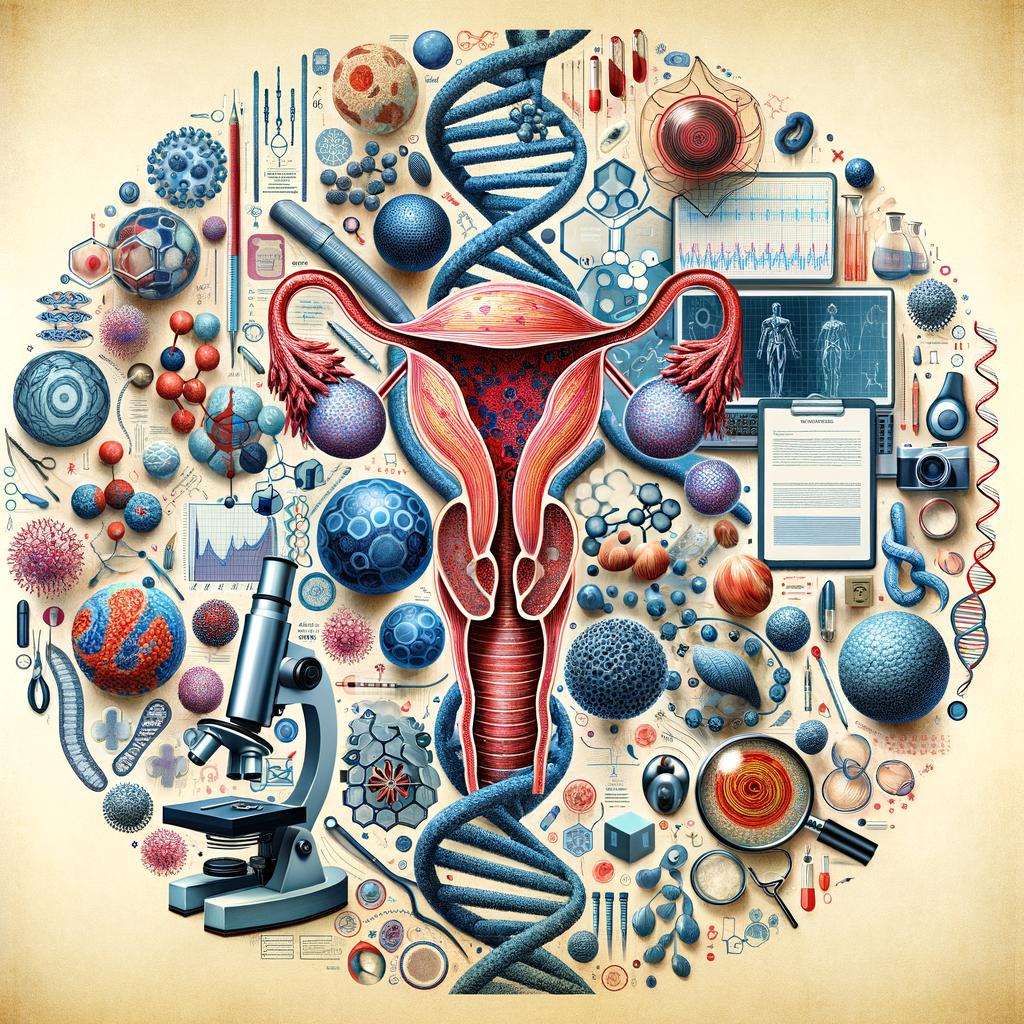Manifestations of Men’s Health: Unmasking the Complex Connection between BPH and Erectile Dysfunction
Unraveling the connection between two widely prevalent men’s health issues, Benign Prostatic Hyperplasia (BPH) and Erectile Dysfunction (ED), can be a bit like unlocking an enigma. You might wonder: how could an enlarged prostate, a condition predominantly associated with urinary challenges, have bearings on erectile function? In the simplest language, the answer lies within our complex bodily systems where everything interlinks. BPH can potentially lead to ED via mechanisms involving nerves, blood flow, hormones, and psychological factors. Understanding the interplay of these multifaceted influences will be our exploration for this article, where we delve into the labyrinth of men’s health, shedding light on issues often shrouded in shadow.
The Prostate: A Pint-Sized Powerhouse and Its Influence on Men’s Health
The walnut-shaped prostate gland, though small, carries significant weight in the grand scheme of men’s health. It’s a pivotal player in the urinary and reproductive systems, storing and secreting a fluid that nourishes and protects sperm. But when BPH comes into play, this innocuous gland significantly swells, thereby pushing against the bladder and urethra. This can disrupt the seamless flow of urinary as well as sexual function, igniting symptoms like difficulty urinating and in some instances, erectile dysfunction.
Understanding BPH’s Impact on Erectile Function
BPH isn’t merely an innocent enlargement of the prostate: it’s an insidious intruder, subtly launching domino effects that can eventually impact erectile function. How can something so seemingly unrelated have such a profound effect on another area of the body? In layman’s parlance, the enlargement of the prostate can pressure and pinch the nerves and blood vessels responsible for erectile function, potentially hindering the ‘rise to occasion’ action.
The Role of Blood Flow in the Link between BPH and Erectile Dysfunction
Blood flow, or rather, the lack thereof, is a silent sentinel in the world of men’s health. It is often responsible for hushing the harmonious hymns of health, leading us onto the rocky road of medical maladies like BPH and ED. In the case of erectile dysfunction, blood flow getting blocked is akin to road traffic during peak hours – causing pertinent processes to stall.
The Rundown on the Blood Flow Theory
This blood flow disruption can occur if the enlarged prostate compounds pressures on the pelvic blood vessels. This increased pressure lowers the blood supply to the penis, hindering its ability to satisfy its most basic functional prep for sex – to become erect. Reduced blood flow is, after all, the harbinger of flaccidity, bringing a blush to the cheeks, and effectively robbing men of their fortitude in the bedroom.
Navigating the Nerve Pathways: Prostate’s Influence on Erectile Function
Another cog in the wheel of this multilayered subject is the role nerves play. Without diving deep into the complex anatomy, it’s sufficient to say that the network of nerves running from the brain to various body parts, including the penis, act as messengers. Any disruption in this communication conduit can excite ripples of anomalies, one of them being erectile dysfunction.
Dissecting the Nerves and Erectile Dysfunction Interlink
Think of this network as an intricate spider web. One wrong move can send shockwaves along the entire structure. When BPH makes its presence felt, the enlarged prostate can potentially press against these nerves. This form of ‘choking’ can disrupt signals destined to stimulate an erection, thus compromising the ability to achieve and maintain an erection.
Emotional and Psychological Aspects of BPH Induced Erectile Dysfunction
Last, but far from least, are the psychological aspects associated with BPH and its potential impact on erectile function. Let’s face it – dealing with conditions like BPH isn’t just physically challenging, it’s an emotional roller coaster.
How The Mind Can Turn Against The Body
Frequent bathroom trips and disturbed sleep due to BPH may lead to anxiety and stress, which in turn can cause or worsen ED. As anyone who has had a nagging worry can attest, stress is a known dampener of sexual desire and performance, adding a subtle yet significant strand in the complex web connecting BPH and ED.
To Conclude: A Complex Conundrum
Piecing together these jigsaw elements, one can see how the journey from BPH to ED isn’t a long shot. The connection is there, weaving a complex tapestry intricately interwoven with issues of blood flow, nerve pathways, and eternally elusive nuances of the mind. Understanding the correlation can pave the way towards better preventive strategies for improved long-term men’s health.
Frequently Asked Questions
1. Can BPH cause impotence?
While BPH doesn’t directly cause impotence, it can lead to physical and psychological factors that potentially induce erectile dysfunction.
2. Is there a cure for BPH-induced erectile dysfunction?
Yes, there are multiple treatment modalities, ranging from medications, lifestyle changes, and interventions to manage both conditions.
3. What is the first sign of BPH?
The first symptom usually involves changes in urinary patterns, such as increased frequency, urgency, or difficulty urinating.
4. Are BPH and erectile dysfunction connected?
Yes, there is a complex but significant correlation between these two conditions, primarily mediated through impacts on blood flow, nerve function, and psychological health.
5. Can I prevent BPH and ED?
While you can’t control all risk factors, maintaining a healthy lifestyle, including regular exercise, a balanced diet, and keeping your doctor in the loop about any health changes, can go a long way in preventing such conditions.


